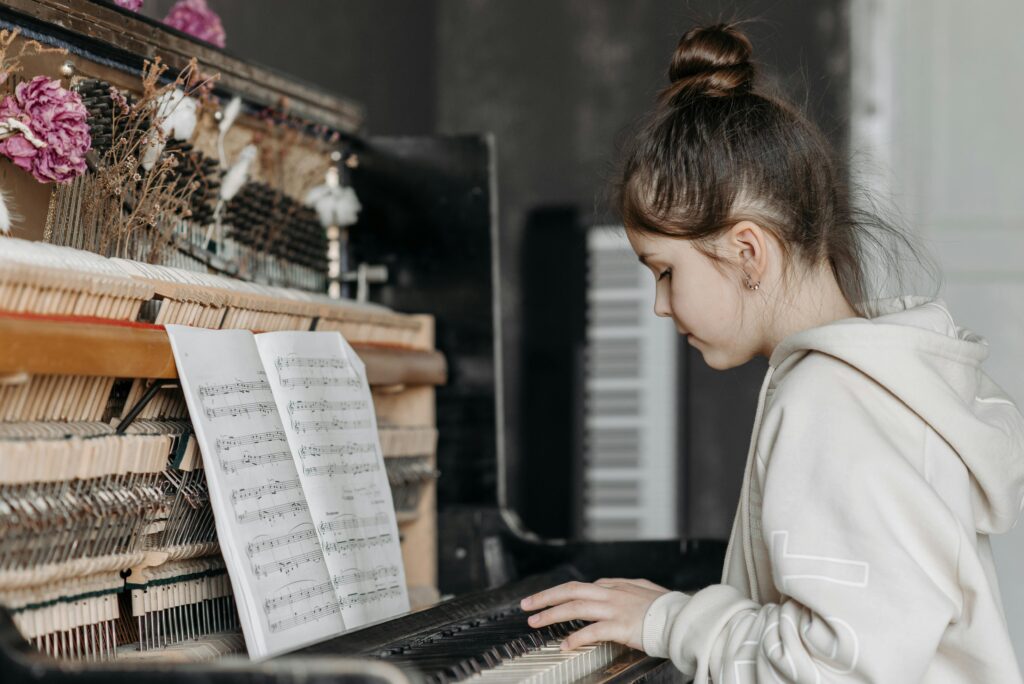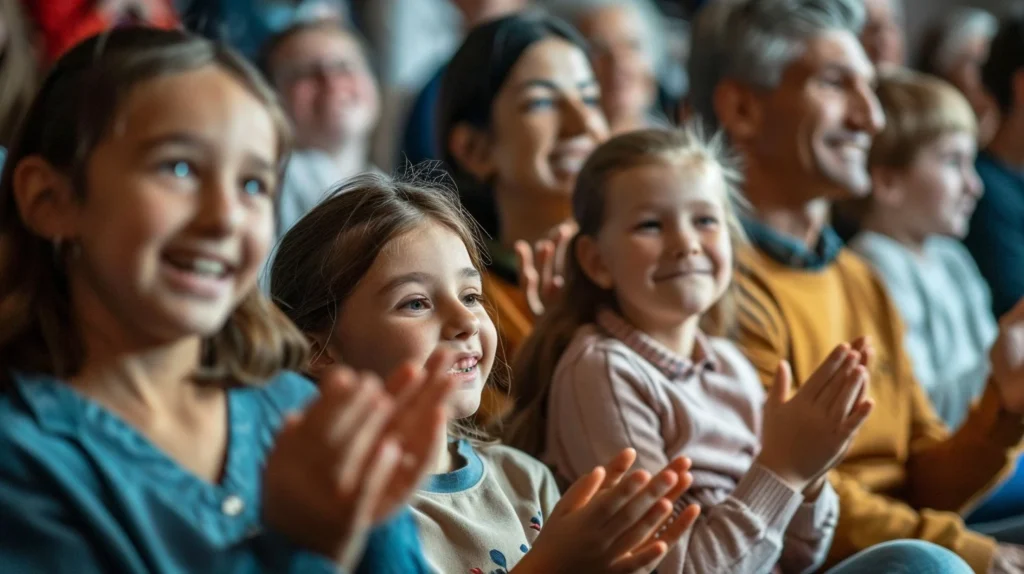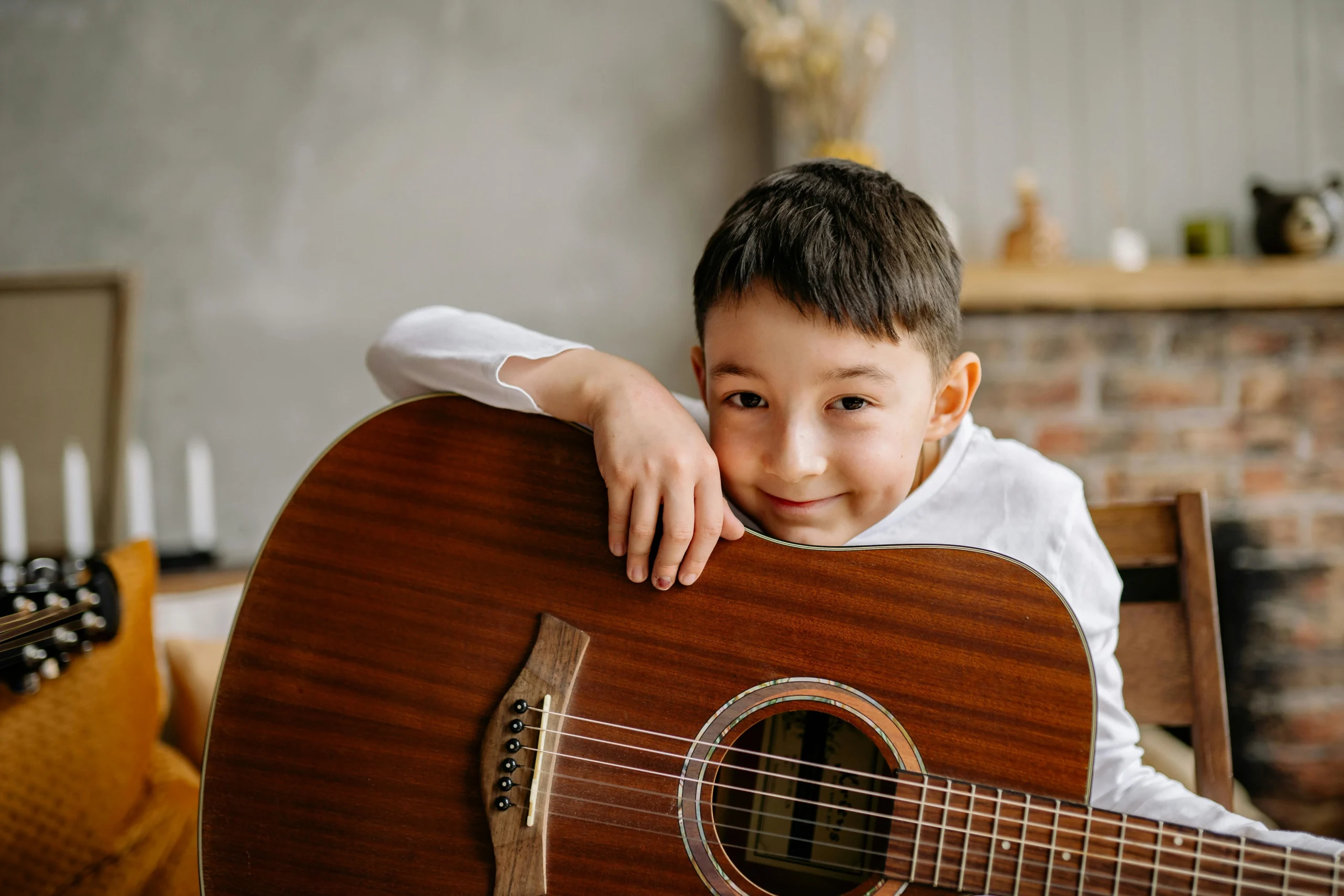Introduction: How Music Can Build Self-Esteem in Children
Music is unique to human culture and transcends language, time, and geography. For children, music isn’t just fun and entertainment—it’s a powerful tool for building self-esteem. Through musical experiences, children discover who they are, how they feel, and how to connect with others, fostering a deep sense of self-worth. When introduced early, music can build self-esteem by enhancing emotional growth, communication, and confidence. It lays the foundation for a child’s emotional intelligence and empowers them with a creative outlet that strengthens their individuality. Parents and educators who integrate music into a child’s daily life often see remarkable growth in their sense of identity and personal pride.
Contents
ToggleEmotional Expression: Giving Voice to Feelings
Many children struggle to verbalize complex emotions. Music provides a safe and expressive outlet for emotions through singing, playing instruments, or simply listening. These creative expressions allow children to connect with their feelings and take pride in sharing them authentically. When used regularly, music can build self-esteem by giving children a unique voice when words fail.

Emotional Resonance: Feeling Understood
When children relate to the lyrics or mood of a song, it validates their experiences. This emotional resonance reassures them that their feelings matter and helps boost self-worth. Feeling seen and understood through music strengthens their emotional foundation. Repeated moments of connection through music can build self-esteem by affirming their emotional realities.

Skill Building: Boosting Confidence Through Achievement
Learning music involves dedication and practice. Whether mastering a rhythm or singing in tune, each small success builds confidence. Children feel proud of their efforts and develop a belief in their abilities—both musically and beyond. Regular progress in music can build self-esteem by showing children that perseverance leads to accomplishment.

Social Connection: Belonging Through Music
Group musical activities like choirs or bands help children feel connected and valued. These interactions teach teamwork, mutual support, and the importance of collaboration, all of which enhance self-esteem by reinforcing a sense of belonging. In this way, music can build self-esteem by nurturing positive social experiences that help children thrive.

Performing: Gaining Recognition and Validation
Performing music in front of an audience, even at small school events, gives children a huge confidence boost. Applause and praise validate their efforts, helping them feel recognized and proud. These moments become confidence milestones in their musical journey. As a result, music can build self-esteem by offering visible and rewarding moments of success.

Emotional Support: Music as Solace in Difficult Times
In tough emotional or academic situations, music becomes a source of comfort. Children find relief in listening to or creating music that reflects their inner world. This process encourages emotional awareness and healthy expression. Especially in moments of stress, music can build self-esteem by helping children manage emotions constructively.

Emotional Resilience: Learning to Cope
Music teaches children that vulnerability is normal and gives them tools to process and navigate difficult emotions. Building emotional regulation through music strengthens their self-esteem and helps them grow into resilient individuals. As children experience emotional ups and downs, music can build self-esteem by helping them recognize their strength.

Conclusion: Why Music Can Build Self-Esteem for Life
Music is much more than a pastime—it’s a life-shaping experience. It helps children express themselves, conquer challenges, and connect with others. Through music, children build not only technical skills but also a strong, confident sense of self. Supporting a child’s musical journey is one of the most powerful ways to foster lifelong self-esteem and resilience. Ultimately, music can build self-esteem and nurture the next generation into emotionally strong and self-assured individuals. When we give children the tools to explore music freely, we give them a gift that echoes far beyond childhood. It’s an investment in their happiness, confidence, and personal growth—proof that music can build self-esteem that lasts a lifetime.

